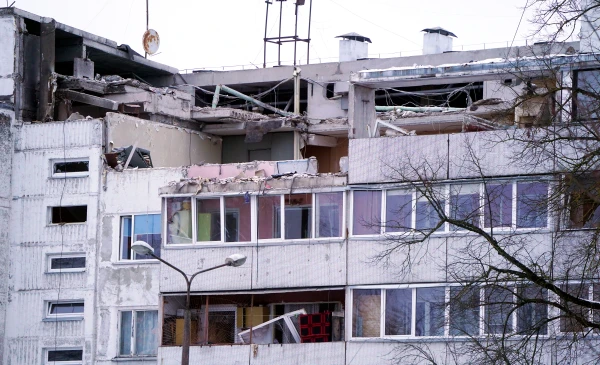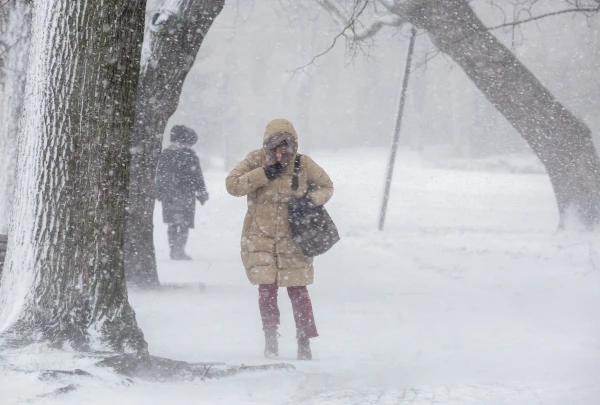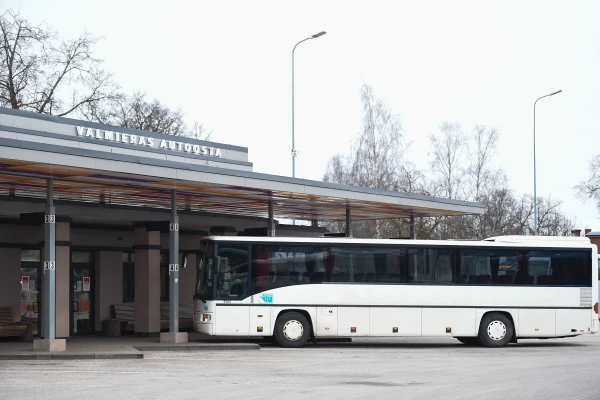
Last year, the share of young people aged 18 to 24 in Latvia who prematurely left education was 7.9%, one of the lowest rates in the European Union (EU), according to the latest report from the European Commission "Education and Training – 2025," LETA reports.
This figure is lower than both the EU average (9.3%) and the EU's established target, which aims for the share of early school leavers to be less than 9% by 2030.
As highlighted in the report, to ensure equal opportunities for all students, educational policies in Latvia are increasingly focusing on improving the quality of education. Students in Latvia demonstrate relatively good results in basic skills — reading, mathematics, and natural sciences, and the education system as a whole is characterized as fair and inclusive.
It is particularly noted positively that the share of students from socially disadvantaged backgrounds who manage to achieve good results in at least one area exceeds the EU average.
Latvia also has one of the lowest socio-economic disparities in poor performance in mathematics — 28 percentage points, while the EU average is 37.1 percentage points. This means that the level of family income has less impact on student performance in Latvia compared to many other European countries.
Since 2012, the rates of poor performance in reading, mathematics, and science in Latvia have consistently remained below the EU average, and the country ranks among the leaders in the EU in science at the secondary education level. However, experts note that the share of students with the highest results — those who achieve excellent results in all three areas — has remained below the EU average for the past ten years.
The European Commission's report "Education and Training" provides an in-depth analysis and data on the performance of education systems, as well as information on the progress of countries in achieving the joint goals of the European Education Area.












